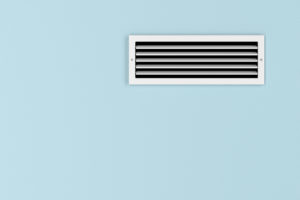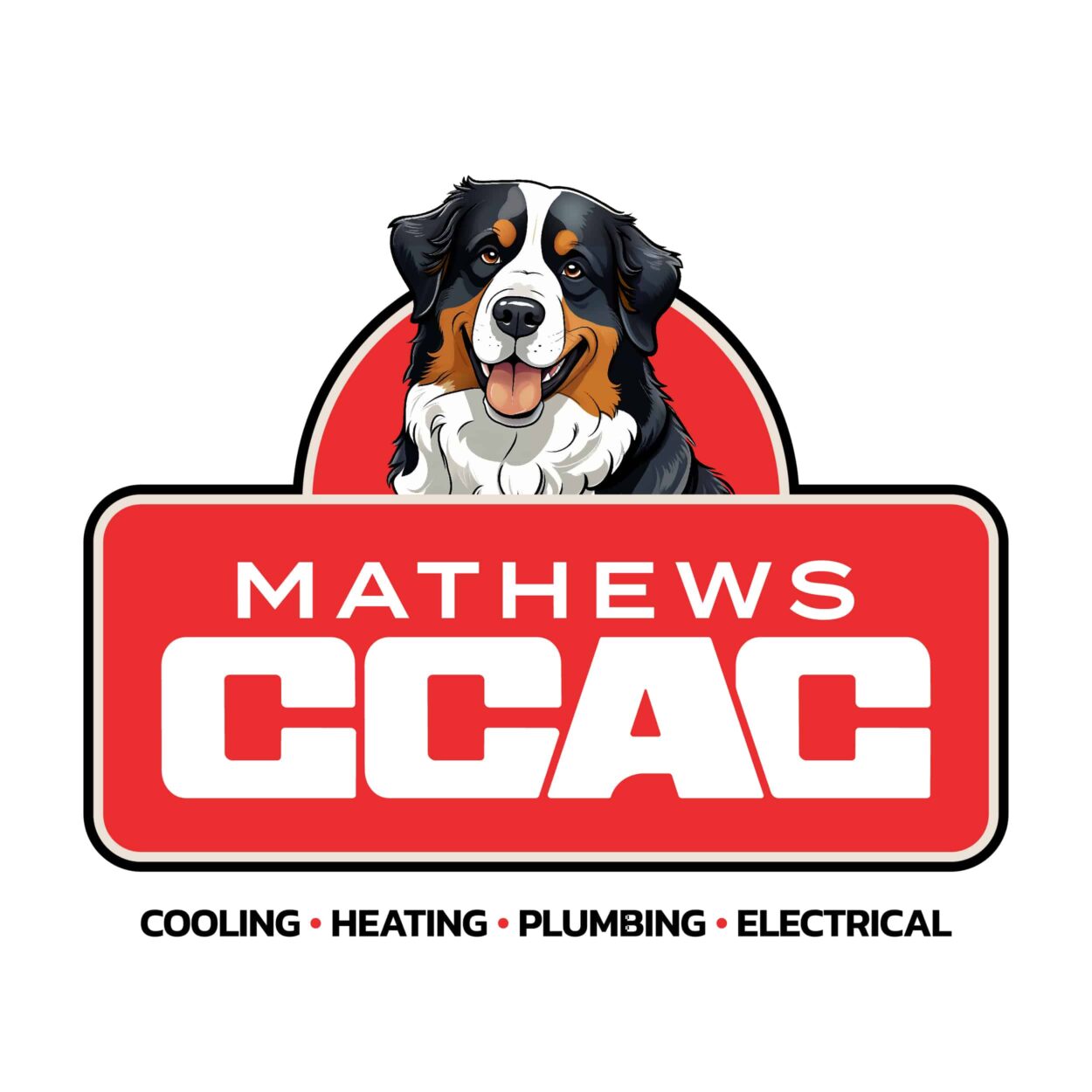 When you notice that all or parts of your home aren’t comfortable, you might have airflow problems with your HVAC system. Forced-air systems send high volumes of air through the ductwork to condition your home. When the airflow slows or stops to one or all the parts of your home, there’s either a physical or mechanical reason behind it.
When you notice that all or parts of your home aren’t comfortable, you might have airflow problems with your HVAC system. Forced-air systems send high volumes of air through the ductwork to condition your home. When the airflow slows or stops to one or all the parts of your home, there’s either a physical or mechanical reason behind it.
From the Air Handler
The most common cause of slow airflow coming from the air handler is an overly clogged air filter. If you hold the filter to the light and can’t see through it, it definitely needs changing. Another problem stemming from the air handler that slows the airflow is an overly dirty evaporator coil. If you use a heat pump, reduced airflow will be a problem winter and summer.
If you can access the evaporator coil, which sits at the bottom of the air handler, clean it using a soft brush and water or coil cleaner from the hardware store. You can also use a vacuum equipped with a soft brush to remove the loose debris. If you can’t reach the coil, you’ll have to call Mathews CCAC for professional help.
From the Ductwork
You can tell if the ductwork is behind the airflow problems you have by testing the air pressure coming from the registers by holding your hand next to them when the system runs. If just one or a handful of rooms next to each other have reduced air pressure, chances are, you might have a major ductwork leak, a kink, or an obstruction.
Most of the homes in this area have the ducts running through the attic. If you’re comfortable exploring the attic, dress appropriately and inspect the ducts as best you can. Look for excessive dust in an area, kinks, or breaches. An HVAC pro from Mathews CCAC will use special tools to evaluate the ductwork problem and fix them.
Although some airflow problems are avoidable through routine maintenance, others aren’t. For more information, contact CCAC, providing HVAC services for Coastal Bend homeowners.
Our goal is to help educate our customers in Corpus Christi, Texas about energy and home comfort issues (specific to HVAC systems). For more information about your HVAC system, download our free Home Comfort Guide or call us at 361-678-2495.












